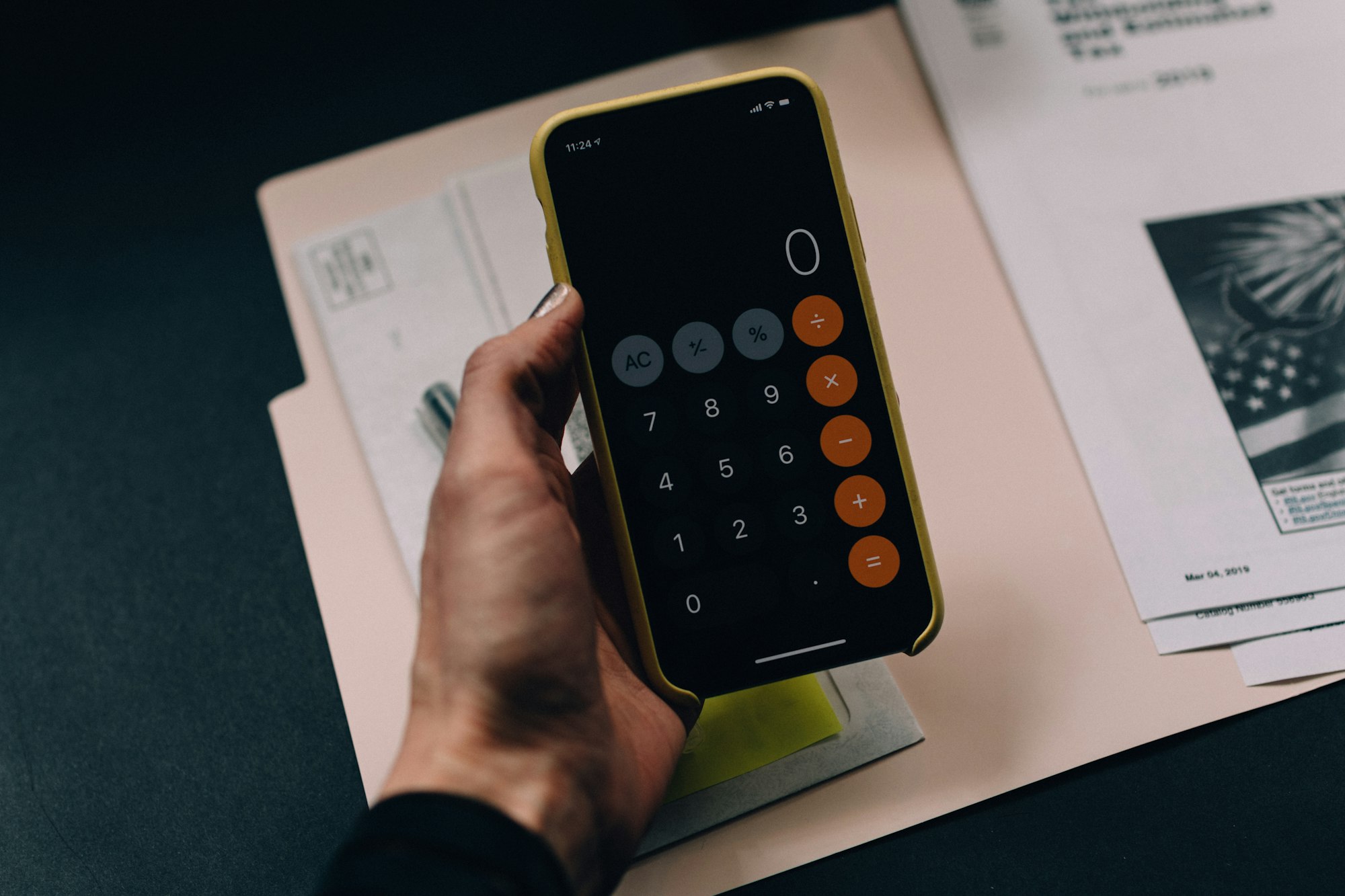Are you confident in accurately reporting cryptocurrency earnings on your tax returns?
Checking ‘Yes’ For Schedule 1 Crypto Question May Not Be Enough
Follow these best practices in addition to answering the crypto question on schedule 1 to stay out of IRS trouble.
February 21, 2020 · 2 min read

This post was originally published on Forbes by Shehan Chandrasekera on February 10th, 2020.
If you are a cryptocurrency holder, you should probably be aware of the IRS question on Schedule 1 which asks “at any time during 2019, did you receive, sell, send, exchange or otherwise have any financial interest in any virtual currency?”. In addition to answering this question accurately, this post discusses some additional steps you can take to avoid potential examination or audits by the IRS. Note that these are not required by the IRS currently, but best practices in ouropinion.

IRS Schedule 1 crypto question
IRSAs mentioned in our previous posts, there could be many situations where you would check “yes” for this question but report nothing on the tax return because your transactions are not taxable. Some examples include receiving a crypto gift, just holding crypto, donating crypto. If you check “yes” and do not report anything, there is a possibility that the IRS may flag the return and ask for more clarification as to why you did not have any reportable transaction. The binary nature of the question itself makes it easier for the IRS to run these types of data analysis. You can certainly resolve these matters if/when you get a tax notice, but there are a couple of things you can do to avoid such engagements with the IRS in the first place.
First, although this is not required, it is best practice to attach a statement to the tax return explaining why you checked “yes” on the schedule 1. A sample verbiage of a statement would look like this.
Statement 1:
Schedule 1, at any time during 2019, did you receive, sell, send, exchange or otherwise have any financial interest in any virtual currency?
Yes, the taxpayer (SSN: XXX-XX-XXXX) contributed 1 bitcoin to XXX charity on February 2, 2019. The 1 bitcoin contributed was purchased on January 1, 2018 and had a cost basis of $XX,XXX. At the time of contribution, the USD FMV value of the donation was $XX,XXX. Since the taxpayer is not itemizing, this amount was not reported on Schedule A.
By disclosing this, you are taking proactive measures to avoid any engagement with the IRS. More disclosure is always welcome when you are dealing with a murky subject like crypto. These types of statements or a Form 8275 can also be used to disclose some uncertain tax positions already reported on the return. For example, the IRS has not issued any guidance about DeFi transactions. For example, staking rewards may be taxed as interest income or rental income. The position you take could be disclosed through a statement in addition to merely reporting the numbers.
In summary, more disclosure shows your good faith and proactiveness when it comes to tax reporting. Following above best practices could help you avoid costly and time consuming IRS examinations and audits in relation to crypto tax question.
CoinTracker helps you calculate your crypto taxes by seamlessly connecting to your exchanges and wallets. Questions or comments? Reach out to us @CoinTracker
Disclaimer: this post is informational only and is not intended as tax advice. For tax advice, please consult a tax professional.




